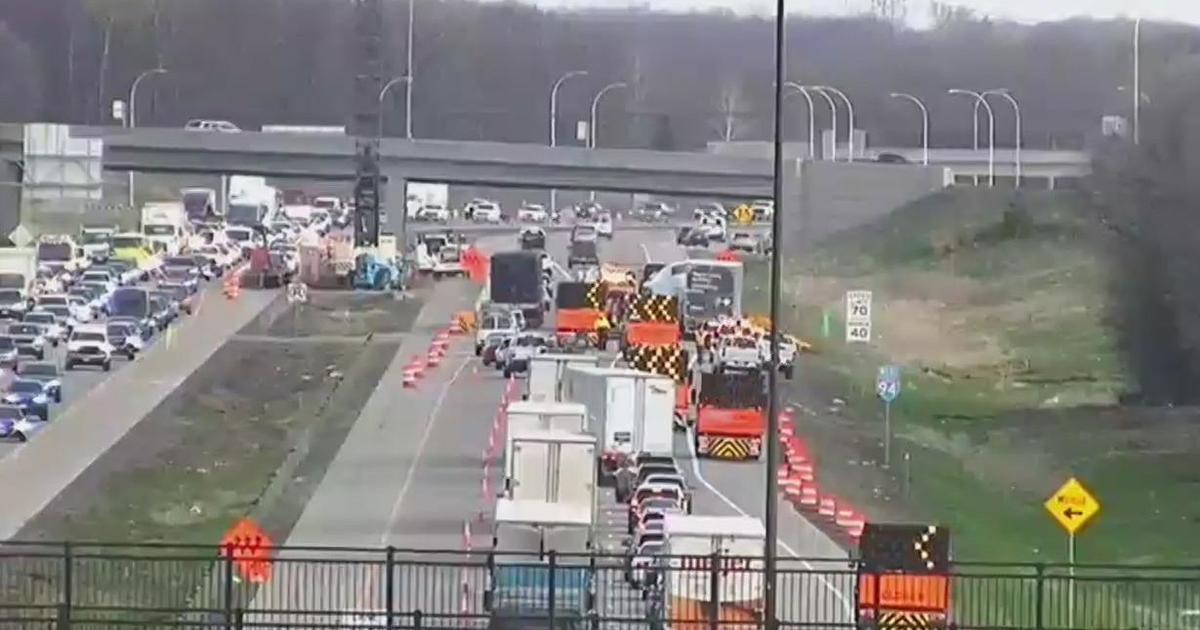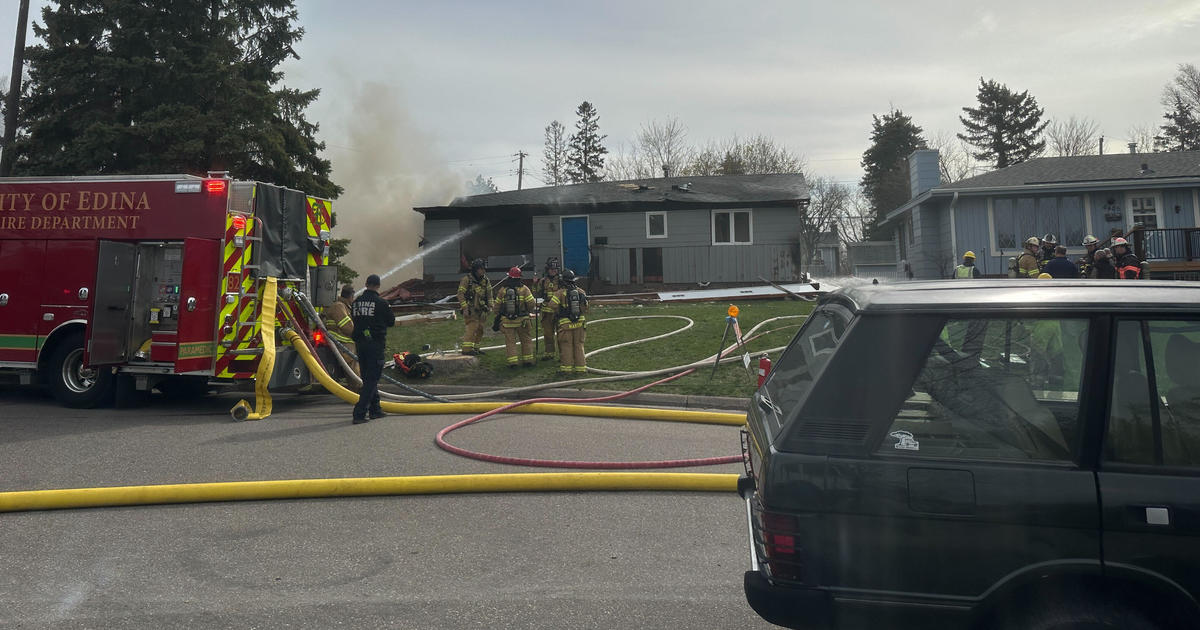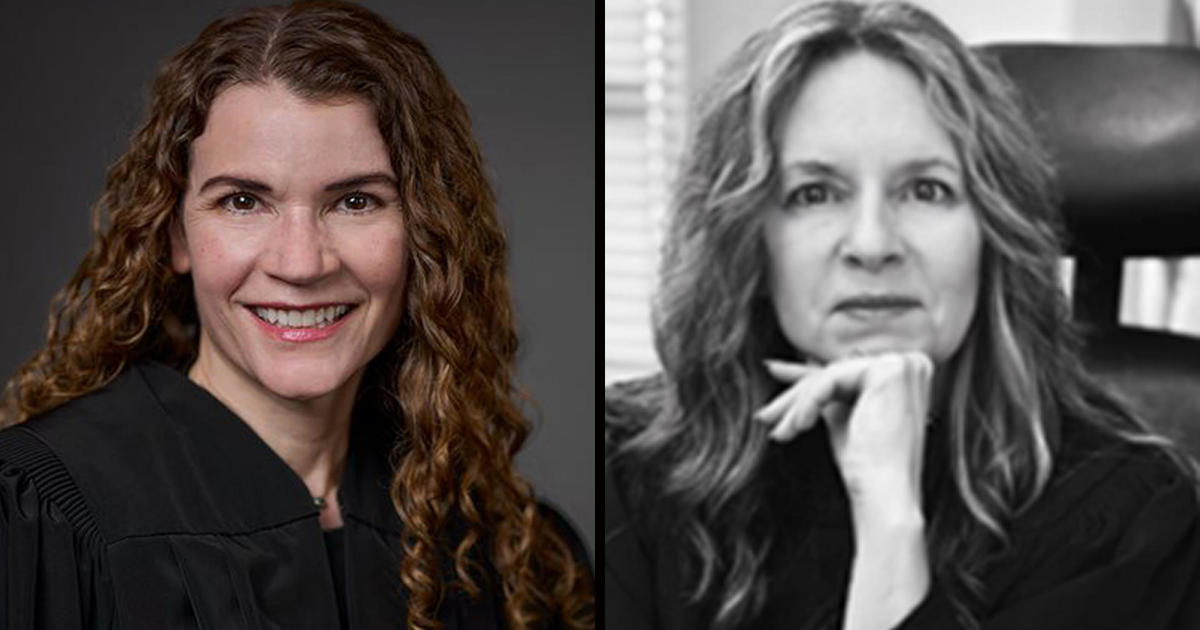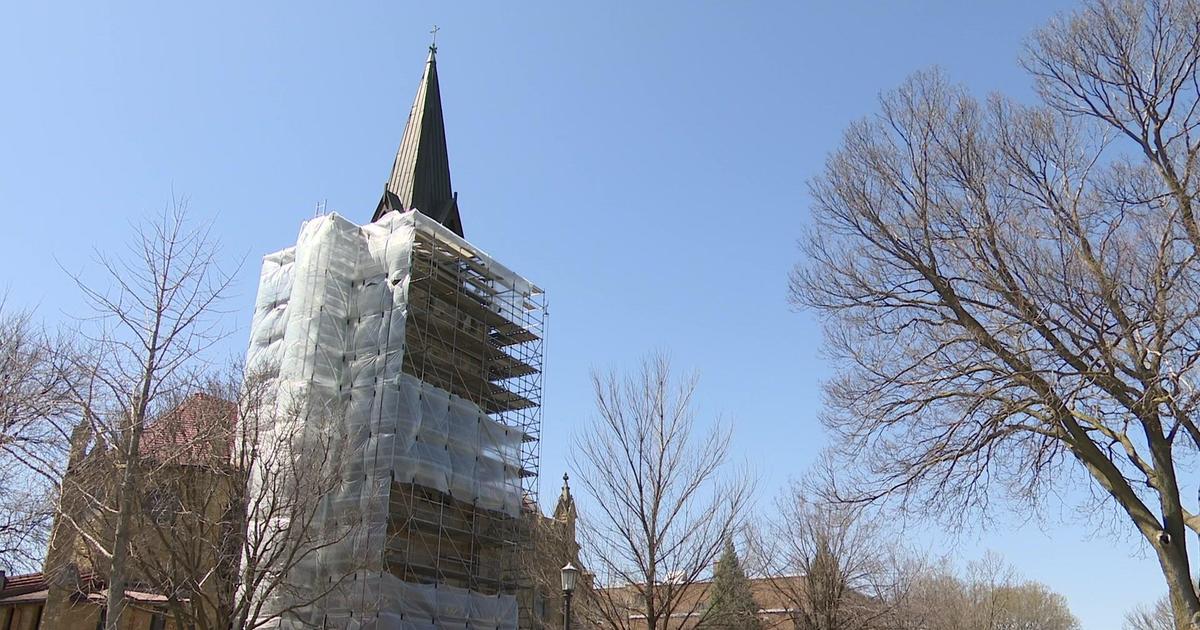Gov. Holds Roundtable Over Rail Safety Concerns
MINNEAPOLIS (WCCO) -- Several Minnesota cities are voicing safety concerns as more trains roll through Minnesota.
Railway traffic in the Twin Cities has increased 40 percent in the last two years on tracks owned by Burlington Northern Santa Fe.
All the congestion can cause back-ups in the rail yard. During those delays, incoming trains will slow down or stop on the track, often near railroad crossings.
In Coon Rapids, where two tracks meet, it's causing problems for first responders who can't cross the tracks during an emergency.
Coon Rapids Fire Chief John Piper says there are roughly 100 trains that come through the city on any given day.
For Piper, rail crossing delays are more than an inconvenience.
"We can have … the tracks blocked up to 30 minutes," Piper said. "In a life-threatening medical situation, such as a cardiac arrest or not breathing or severe bleeding, seconds count -- and we're measuring delays in minutes."
A practice called "train staging" can bring traffic to a standstill for upwards of 20 minutes. It happens when back-ups in the rail yard force incoming trains to stop or slow down.
It's supposed to happen away from rail crossing – but that's not always the case.
"We brought our concerns to the railroad and we asked for help. But, so far, all we see is the problem getting worse, so that's kind of where we're at today," Piper said.
In response, Gov. Mark Dayton hosted a roundtable to discuss the issue with railroad representatives, as well as local and state leaders.
"We just really need to figure out a way to quit parking the trains in town here," said Coon Rapids Mayor-Elect Jerry Koch.
Brian Sweeney of BNSF says there's no one solution to the problem.
"It's a number of things. The problem has gotten worse because of the large growth in traffic," Sweeney said.
One of the big concerns is that addressing the train staging issue in one city will just push the problem further down the track towards other towns.
"Ultimately, the problem is going to be solved by building more capacity," Sweeney said.
He says more capacity means new rail roads and, in some cases, new bridges over the tracks.
The construction takes time and money. Overpasses built in recent years have cost anywhere from $15 million to $50 million.
"We have a long ways to go to get this system to the operational quality and capacity it needs to meet the demands that are going to be placed upon it," Gov. Dayton said.
Sweeney says BNSF has a major improvement plan in 2015 to double the tracks and add more staging sites.
In the short term, the railroad companies discussed improving communication to avoid delays on the tracks.



